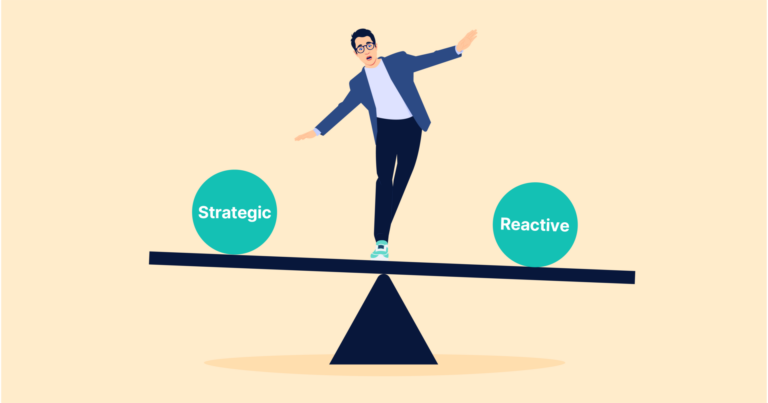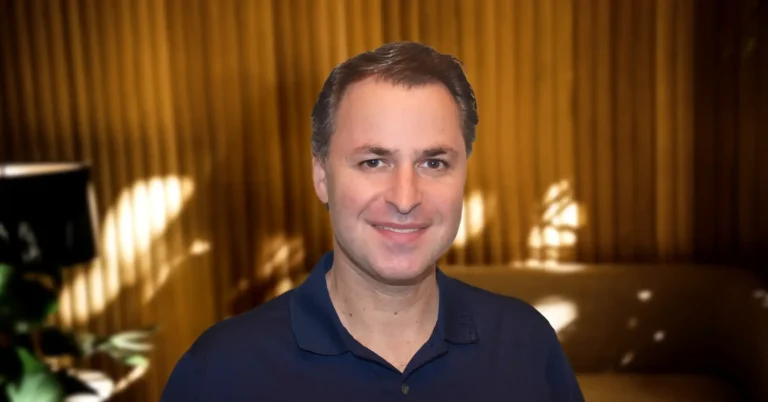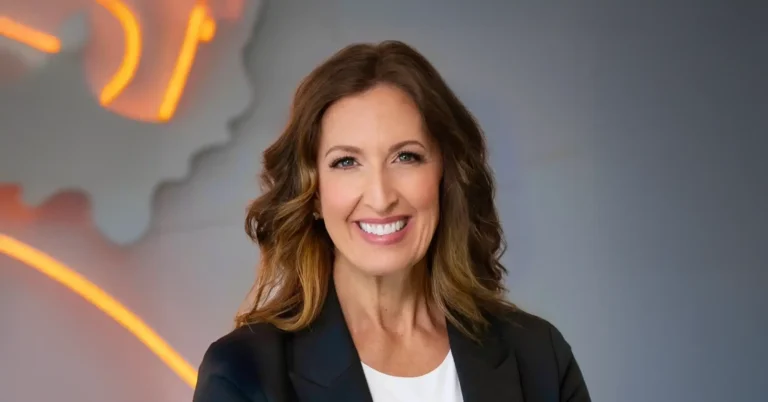

It’s no secret that in-house counsel flock to complexity like moths to a flame, and increasingly ESG is falling within the ambit of in-house counsel everywhere. So, how do counsel take on this new responsibility and ensure they do it well?
Asim Khan, InView Champion and International Commercial Counsel at Personio, is not normally one for clichés, but he strongly believes that if a task is worth doing it is worth doing right. And he believes in-house counsel are best placed to take on the ESG mantle because of their particular attributes – from their ability to offer subjective and objective advice to their cross-cutting knowledge of the business.
“I think ESG is developing the way it is because nobody else in the organization wants to grapple with this topic,” he says. “What you’re finding is CLOs, GCs and HoLs are stepping up because there’s regulatory and legislative pressure on us to have environmental policies, proper corporate governance, and social aspects. How do we manage those while weighting what the company wants to do? You’re tasked with basically what you do on a day-to-day basis, you recognize what the legal requirement is, and you anticipate what the risk environment is.
“A good lawyer will always provide an objective outlook on a situation and then offer a subjective view of what you should do next. You can paint a picture of what the issues, risk and possible options are and then sign off on that painting with your recommendation.”
Khan says that while it would be easier to simply detach and provide purely objective advice, it is important that ESG policy is crafted with intent and not merely a form of lip service.
“If you have a policy which looks the part but is dead behind the eyes, you’re going to get caught out. It’s almost like a boomerang, it’s going to come back to legal at some point. It can either come at a stage where you can take the initiative, you can be the leader and guide your organization through it, or it’s going to come at the worst possible time and you’re going to be left doing the shovelling.”
For Khan, part of being a lawyer is about occasionally entering into areas which may feel outside your ambit to ensure your organization is moving in the best possible direction. “Legal is the conscious element of an organization, the conscious mind,” he says.
Often, people move in-house because they want a seat at the decision-making table. But sitting at that table comes with additional responsibilities, some of which may be uncomfortable.
“You’ve got a seat at that table, now you’ve got to get your hands dirty. My perspective is that this is an opportunity for legal to be leaders in an area. The thing is, whether you like it or not, you will be the person the business will look to for guidance. You can either grab that opportunity with both hands and really drive it, or you can tiptoe around it in a way that’s ultimately lip service.”
While there is no one-size-fits-all methodology for ESG, there is a one-size-fits-all approach: do it intentionally and with care. Treat it with the pride you would any of your other work as an in-house counsel.


